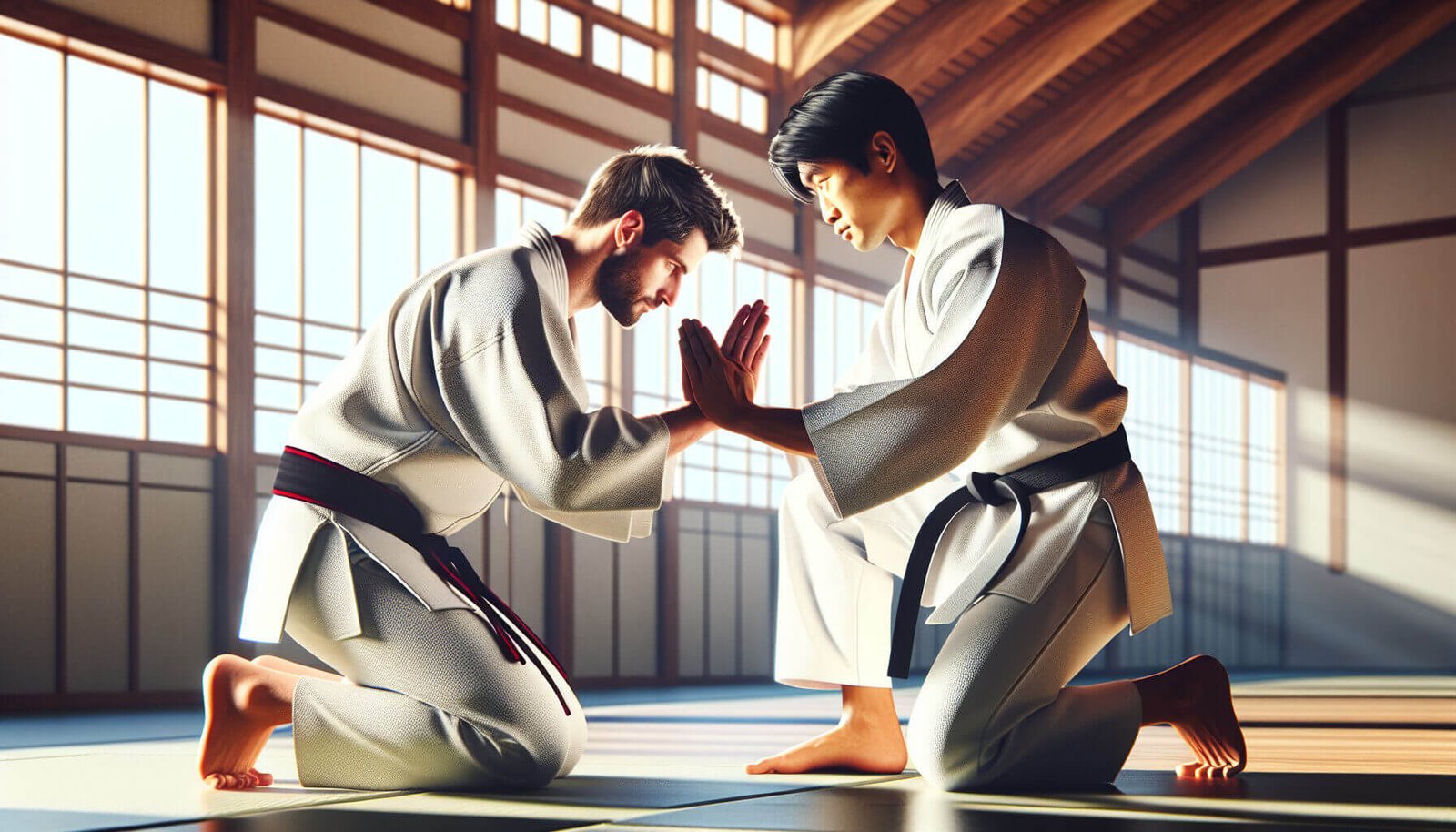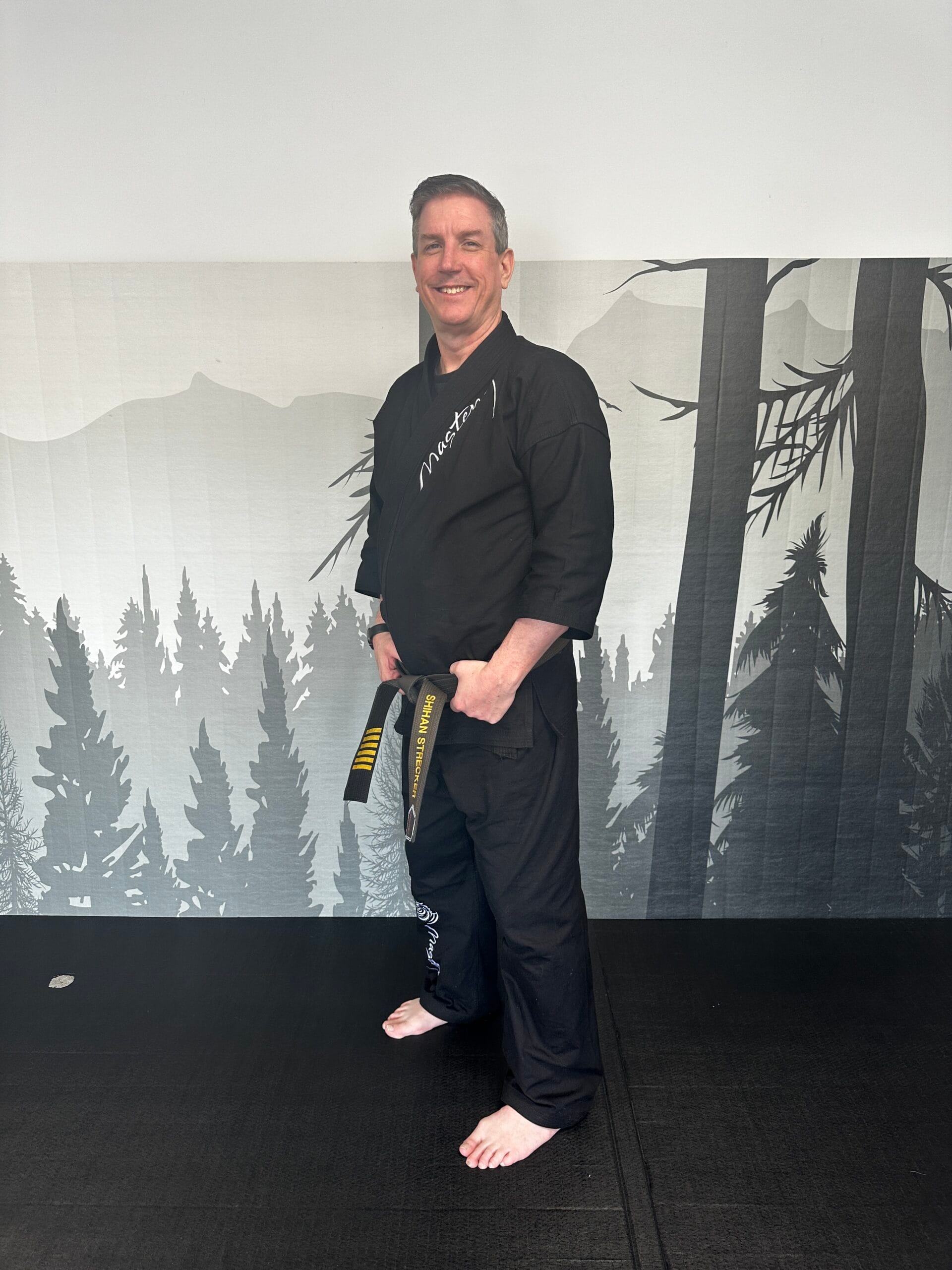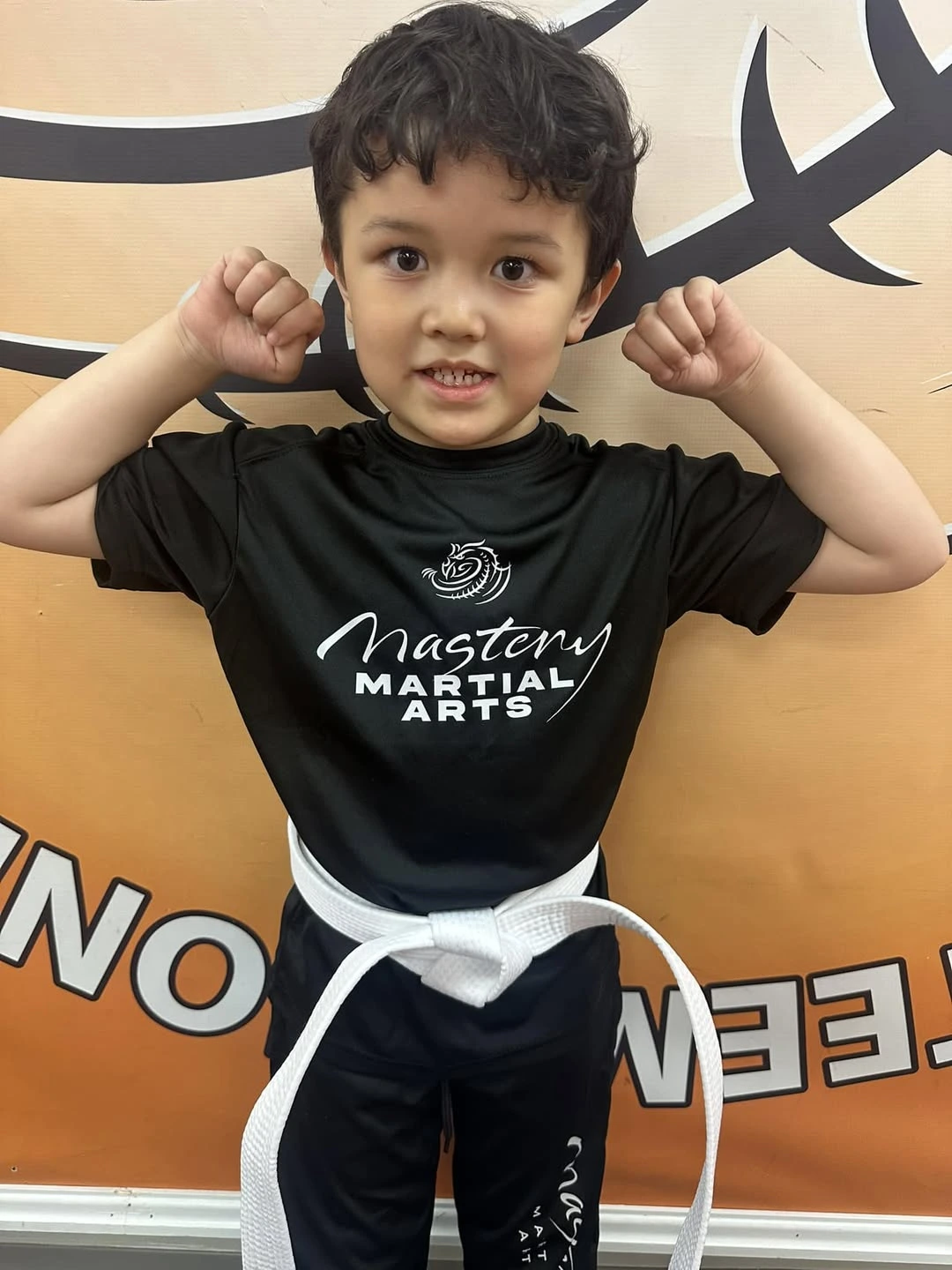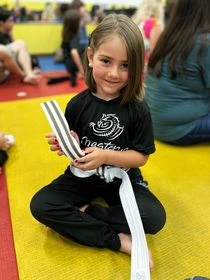If your child sometimes struggles to stay on task or show courtesy, martial arts discipline and respect can help. Through focused training, children learn to channel their energy in a positive way. In many families, this approach helps boost school readiness, because consistent respect for teachers and peers sets the stage for smoother classroom interactions. Here’s how it works and why it can be a game-changer for your child’s development.
Focus And Respect Start Here
Martial arts is more than just kicks and punches: it’s a proven way to build self-control and resilience. At Mastery Martial Arts, children ages 4 to 16 learn to follow clear instructions, maintain a calm demeanor, and treat classmates with kindness. This sense of discipline grows step by step. As soon as a student enters the mat, they’re taught to focus on the moment, listen carefully, and follow instructions with precision.
A positive atmosphere also plays a big role. When kids see others listening quietly, speaking politely, and taking turns, they tend to mirror those same habits. If you want more insights into how structure influences good habits, you might check the importance of discipline in school. The blend of structured lessons and supportive instructors fuels children’s respect for peers and adult leaders alike.
Channel Energy Into Academics
Good news, this is easier than it sounds. By transferring the self-control from martial arts class into everyday tasks, your child can sharpen their academic focus. If you’ve ever seen them fidget while doing homework, imagine what even a few key techniques could do:
- Consistent Practice – Martial arts instills repetition and routine that carry over to homework sessions.
- Active Listening – Students learn to maintain eye contact and absorb details, a useful skill when a teacher is explaining a new math concept.
- Goal Setting – Children aim for the next belt or skill level. This mindset can help them chase better grades in reading or science too.
As an extra resource, you could explore instilling discipline through martial arts to see how small steps in training lead to big changes in school performance.
Shape Strong Character
When kids learn to respect their instructors and training partners, they build empathy, leadership skills, and a sense of personal responsibility. These qualities go beyond the mat. At Mastery Martial Arts, we see students become more patient with siblings, more helpful around the house, and more confident speaking with others. Over time, this confidence blossoms into leadership traits—qualities that help them stand out in group projects or class discussions.
Here’s a quick look at how martial arts can strengthen character:
- Self-Confidence – Celebrating personal milestones, like earning a new belt, encourages children to aim higher in other areas of their lives.
- Teamwork – Even though martial arts is an individual sport, students often train in pairs or groups. If you’re curious about how this builds group dynamics, read more on martial arts discipline for teamwork.
- Respect for Others – Bowing to instructors and training partners sets the tone for polite communication, a skill that’s invaluable in social settings.
And if your child needs extra help with perseverance, martial arts discipline for perseverance explains how structured challenges can develop that never-give-up attitude.
Take The Next Step
Mastery Martial Arts welcomes children from Troy, Clawson, Royal Oak, and nearby areas who are eager to grow. If you’d like to see the difference firsthand, you can schedule a free VIP 1-on-1 Introductory Lesson. During this session, your child can experience the supportive environment, gain basic self-defense moves, and learn how discipline on the mat translates into success in the classroom.
Making the leap to martial arts isn’t just about developing physical skills, it’s an investment in your child’s focus, respect, and confidence. By nurturing discipline and empathy early on, you equip them for challenges in school and beyond. And once they feel the positive energy of training, they’ll look forward to every session. You’ve got this, and so does your child, one balanced step at a time.





0 Comments